Nuts and Dried Fruits. Small foods big health benefits. Discover what they can do for you!

Nuts & Dried Fruit BENEFITS
Nut & Dried Fruit nutrition
per 28 g, 1 oz handful (rda).
| ENERGY: kJ / kcal |
| FAT: g |
| CARBOHYDRATE: G |
| SUGARS: G |
| FIBRE: G |
| PROTEIN: G |
| SALT: G |
| ENERGY: kJ / kcal |
| FAT: g |
| CARBOHYDRATE: G |
| SUGARS: G |
| FIBRE: G |
| PROTEIN: G |
| SALT: G |
nutrients benefit finder
Aging
Brain Health
Cardiovascular Health
Digestive Health
Immune System
Skin Health
Good Vision
Nail Health
Bone health
Lower Bad Cholesterol
Reduce Blood Sugar
Help Vascular Function
Reduce Tiredness
Prevent Urinary Tract Infections
Normal Muscle Function

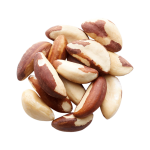
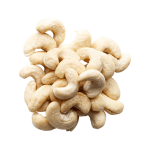



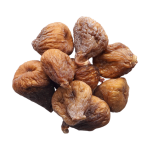
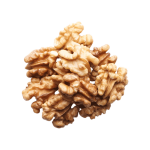
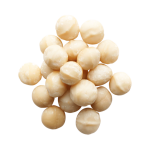
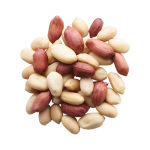

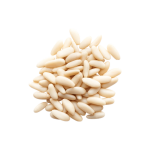
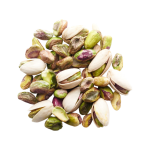



ALLERGIES
What is an allergy?
Food allergies are caused by an adverse immune reaction (hypersensitivity) to certain food proteins, an abnormal response to a food induced by the body's immune system.
In adults, the foods that most often trigger allergic reactions are fish, shellfish, peanuts and tree nuts; in children, the list includes eggs, milk, peanuts, tree nuts, soy and wheat.
How common are allergies?
Adverse health consequences due to allergic reactions to food, including food intolerances, in Europe are estimated to affect about 1-3% of the population and about 4-6% in children.
In the United States the data are similar, approximately 2% of adults and about 5% of infants and young children are affected.
Symptoms & Diagnosis
Skin-prick tests and/or blood tests are the most reliable tools to determine the presence of allergen-specific immunoglobulin E, an antibody that binds to allergens and triggers the release of chemicals that cause the symptoms.
If those tests are inconclusive, the allergist or immunologist may order an oral food test to see how the organism reacts to the suspected allergy-causing food.
Reserach
A landmark study called LEAP (Learning Early About Peanut Allergy) provided strong evidence that early introduction of peanuts may help prevent the development of peanut allergy in children.
The study showed that in children between 4 and 11 months of age at high risk for peanut allergy, sustained consumption of peanut beginning in the first 11 months of life was highly effective in preventing the development of peanut allergy.






